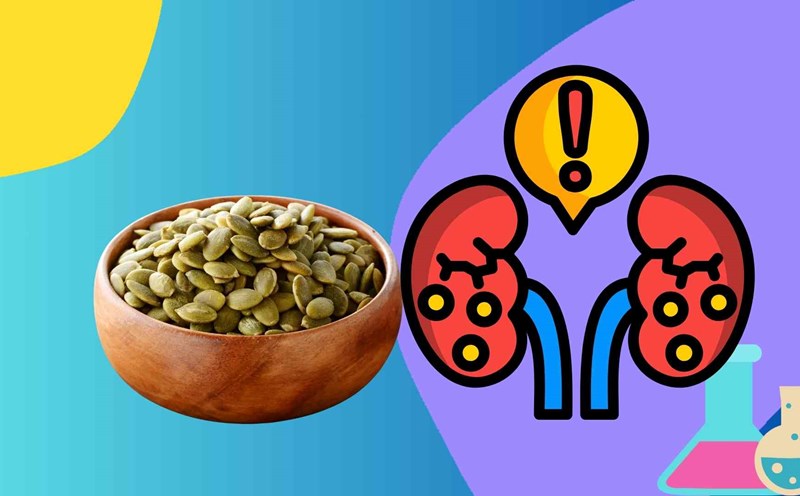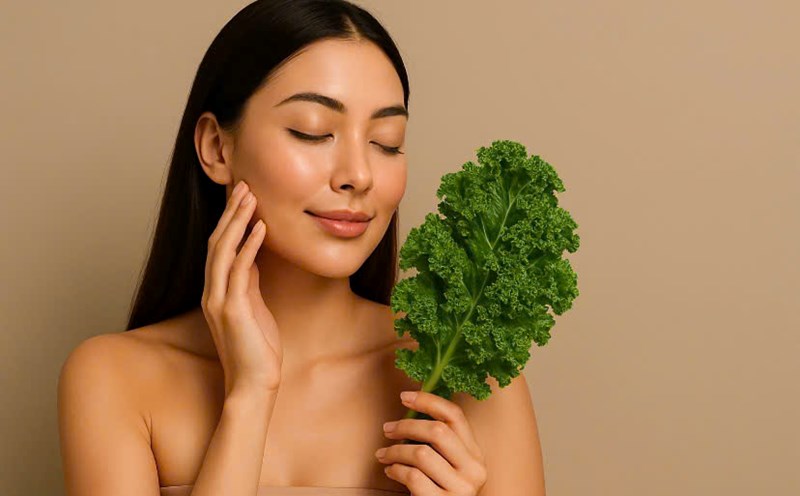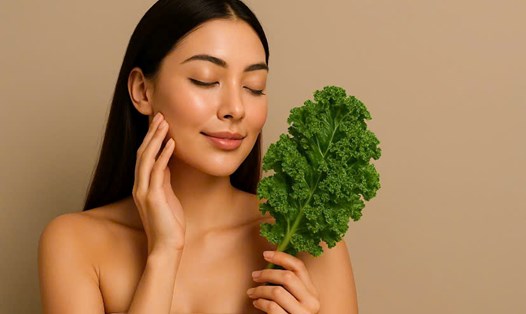Orange-colored vegetables and fruits are a rich source of vitamin A
Beta carotene is the compound that creates the orange and red color typical of many familiar foods. When entering the body, it is converted into vitamin A, a powerful antioxidant that helps boost immunity, protect the skin and improve eyesight.
In the orange vegetable group, pumpkin and sweet potatoes are prominent sources of beta-carotene. One cup of cooked pumpkin provides up to 17,000 mcg of beta carotene, which is also rich in fiber, vitamins and minerals, which has anti-inflammatory and cardiopulmonary effects. Sweet potatoes are also rich in vitamins A, C, manganese and fiber, which are good for the digestive system.
Carrots are a familiar food, easy to prepare. Half a cup of cooked carrots bring about 6,500 mcg beta carotene. Notably, cooking increases the absorption of this nutrient by 10% to 30%.
Spinach, collard greens and kale, although not typically orange, contain a significant amount of carotenoids. These leafy greens are also rich in vitamin K, folate and potassium, which help lower blood pressure and reduce the risk of cognitive decline in old age.
Sweet and creamy fruits, natural nutritional supplements
Tropical and summer fruits are also a natural source of beta carotene. Cantaloupe, mango and fresh apricot are not only easy to eat but are also rich in vitamins A, C, fiber and minerals necessary for the digestive and immune systems. A glass of melon can provide nearly 4,000 mcg of beta carotene.
Fresh and dry dreams are both good for your health. In particular, dried apricot has nearly double the amount of beta carotene in fresh apricot. Mangoes are also rich in essential nutrients such as folate, vitamin B6 and magnesium, which help improve gut health.
Broccoli, a familiar cruciferous vegetable, although has less beta carotene (1,670 mcg per serving), when cooked, it significantly increases the content of this substance. It is also a rich source of fiber and vitamin C.
Eat properly to maximize benefits
Dr. Sohaib Imtiaz - Director of Health at National Health Service (NHS), UK - emphasized: Beta carotene is a powerful antioxidant, which can neutralize free radicals, reduce the risk of cardiovascular disease and cancer. However, the best way to supplement is still from natural foods instead of abusing functional foods.
The recommended vitamin A requirement is 700 mcg/day for adult women and 900 mcg/day for men. Although beta carotene is safe, eating too much can temporarily turn your skin orange (carotenodermia). This phenomenon is harmless and will disappear when adjusting the diet.
In particular, heavy smokers should not take beta carotene supplements, as there is research showing an increased risk of lung cancer. Instead, a varied diet with vegetables and fruits rich in natural pigments is still a safe and sustainable choice.











